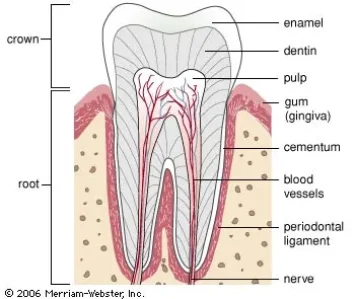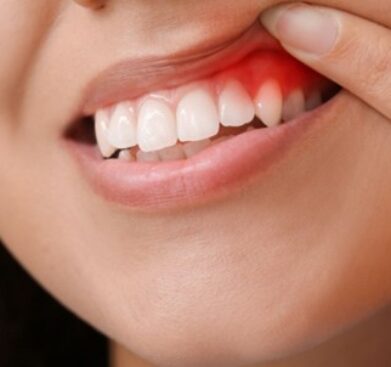For years, we have been taught that tooth decay and gum inflammation are the only diseases related to the mouth. Dental work is seen as something entirely separate from the rest of the body and teeth are treated almost like inanimate objects. We are taught that as long as our teeth are straight, white and we can feel no pain in our gums our oral health is fine.
But we have now seen several studies that show how heart diseases, diabetes, intestinal diseases, and many other health problems often begin in the mouth, or can be worsened by bad oral hygiene.
When your teeth aren’t cared for properly, they can drain your energy and nutrients, which can affect your hormones and body chemistry. But how are these two factors connected?
“Most oral diseases and conditions share modifiable risk factors with the leading noncommunicable diseases (cardiovascular diseases, cancer, chronic respiratory diseases and diabetes)”
~ The World Health Organisation
The connection between oral hygiene and overall health
The part of the tooth that we can see is only a small part of what is actually there. Underneath each tooth lies blood vessels, lymph vessels, a nervous system and an immune system, and our teeth are connected to the rest of the body via these systems.
Inflammation plays a role in causing many diseases, so likewise when silent inflammation in the mouth occurs over a long period of time in tooth roots, dead teeth and cavities the rest of the body will more than likely be affected.
Poor oral health also allows bacteria in the mouth to reach high levels leading to oral infections affecting the teeth and gums causing tooth decay, which again allows infections to enter the rest of the body.

The effect of bad oral hygiene on your body
If you have diabetes, oral infections can possibly worsen your condition. Inflammation in the mouth from infection, just like inflammation anywhere in the body, can lead to higher blood sugar levels, making the diabetes harder to control. Gum disease can also increase the risk of diabetes in those that don’t already have it.

One of the main parts of the body affected by bad oral health is actually one of your most important organs: the heart.
There are over 630,000 deaths a year in the US from heart attacks, and some researchers believe that 50% of these heart attacks are triggered by dental infections. You may ask again, how could these two things possibly be related?
Increased bacteria in the mouth infects the gums and causes gum disease, which lets harmful bacteria right into the bloodstream. The bacteria in the bloodstream can then work its way to the heart, the lungs, back to the heart and then to the whole body. When this process continues for weeks and months it will no doubt have an effect on your cardiovascular health.
The bacteria involved in gum disease has already been proven to play a role in causing cardiovascular disease. The bacteria can also cause blood vessel inflammation and damage, leading to formations of small blood clots which can lead to heart attacks and strokes.
Researchers are also finding bacteria from these oral infections in the brains of Alzheimers patients. But the scary part is that gum disease often goes unnoticed for a long time. For most people there’s no pain or indication that they have it other than their gums bleeding a little when they brush, which most people would ignore.
This is why it is so important to keep on top of your oral hygiene and make sure that everything in your mouth is the way it should be.
How you can take care of your oral health
- Brush twice a day: Make sure you are brushing your teeth properly morning and night using circular motions on the front and behind your teeth with your toothbrush and some fluoride toothpaste to remove the plaque. An electric toothbrush can be used to aid with this but it is not necessary.
- Floss: Even after brushing, food particles and plaque can still be hiding between your teeth, so it is important to remove them using dental floss. This also reduces inflammation in the gums.
- Visit the dentist: It’s important that you go to the dentist regularly for checkups to make sure your mouth is nice and healthy. Every 6 months is enough, although your dentist may ask you to visit every 3 months if you have an ongoing dental problem.
- Eat healthy foods and drink lots of water: This will not only keep you hydrated but also washes out food particles in your mouth and helps neutralise the conditions in your mouth after consuming any acidic foods which can erode your enamel, putting you at risk of cavities. Healthy, fibre rich foods such as fruits and vegetables are good for your teeth and gums and will keep your whole body healthy too.

By Tehreem Zafar